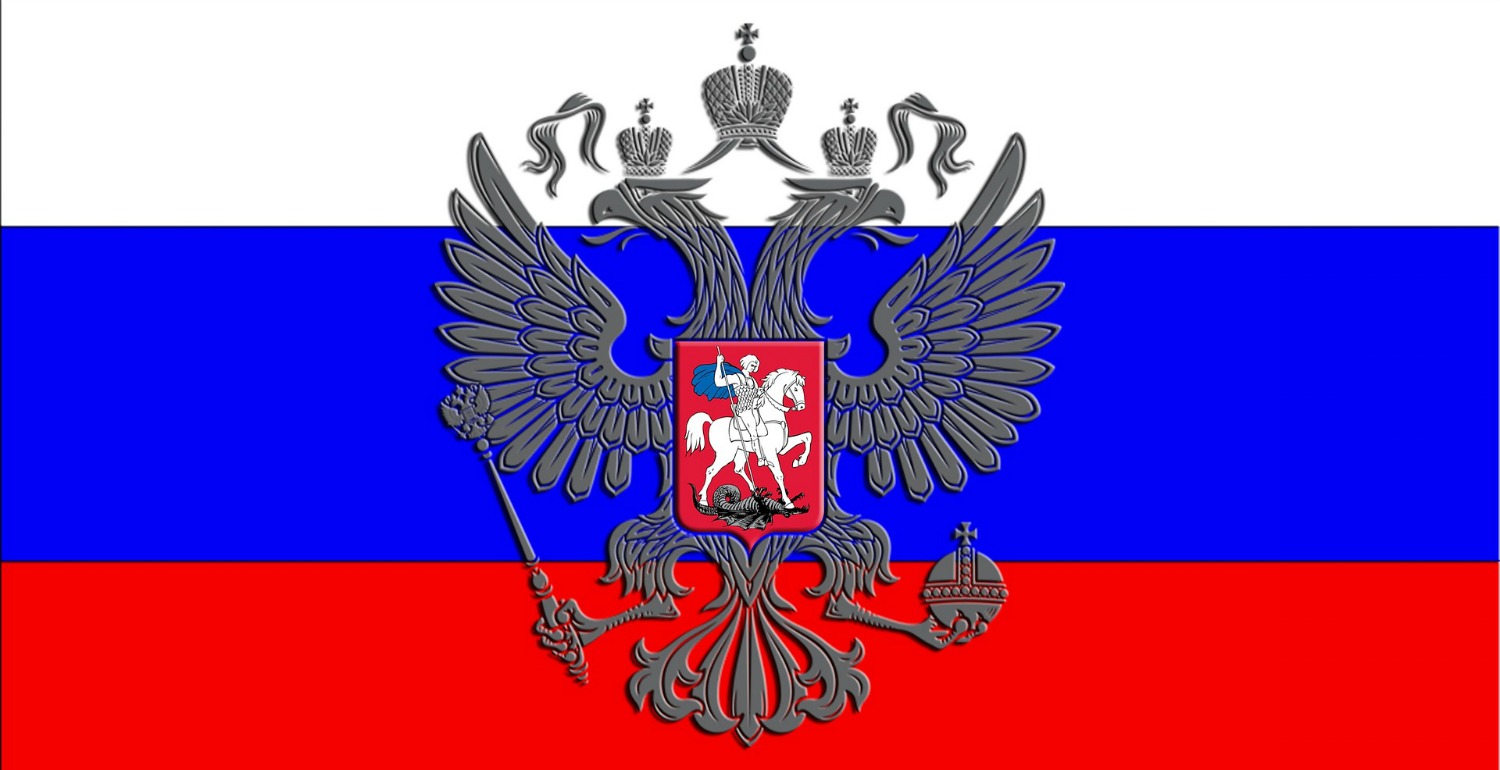This briefing focused on a report by the Moscow Helsinki Group and the Union of Councils for Soviet Jews regarding human rights in 30 out of Russia’s 89 regions. The report, part of a project funded by USAID, was unprecedented in its scope and detail of coverage of human rights across Russia. At a previous hearing, the connection was drawn between the decline in Russia’s economic fortunes and the growing violations of human rights and civil liberties.
Ludmilla Alexeeva and Micah Naftalin discussed how crime, corruption, and human rights violations combined to weaken democracy and rule of law in Russia and undermine the well-being of its people. They emphasized the vastness of these problems and the necessary collaboration of NGOs from different regions to obtain a thorough and accurate analysis of the country’s respect for human rights.









